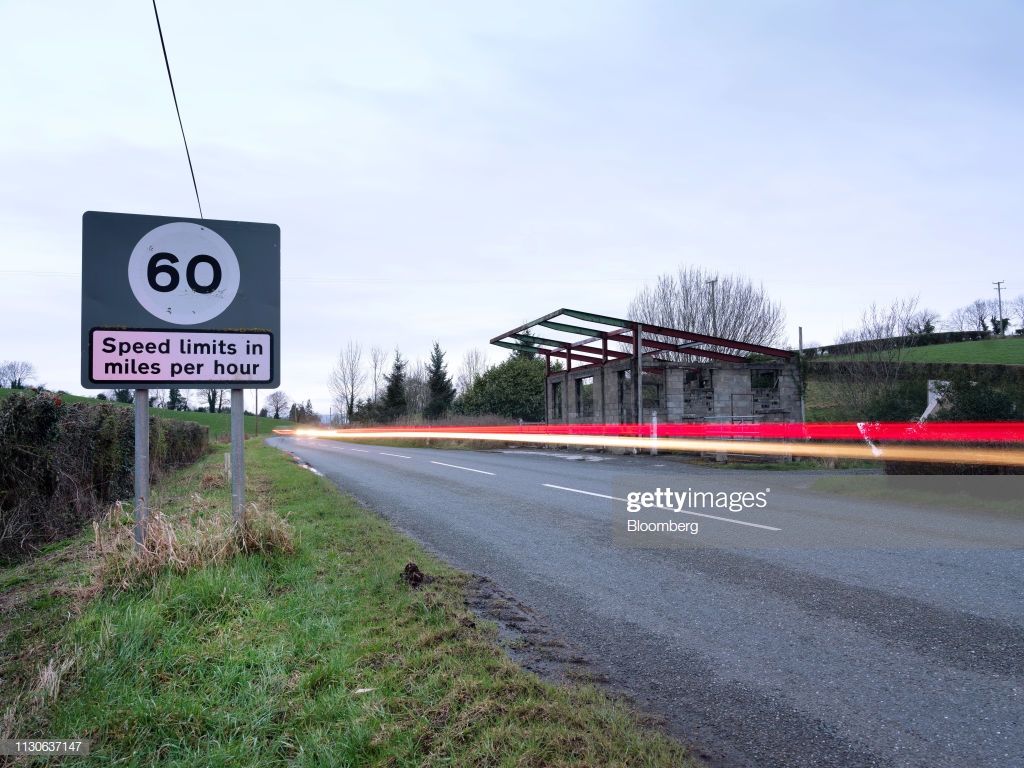Beyond tariffs: what ‘No Deal’ would mean for the Irish border – a Long Read
A ‘hard’ border between Northern Ireland outside the EU and Ireland within the EU will be felt in ways that go far beyond tariffs and quotas, argue Billy Vaughan and Dr Katy Hayward.

Whether at 11pm on 29 March or at a later date, in the absence of the Withdrawal Agreement being approved or Article 50 being revoked, the UK and the EU will find themselves in a ‘no deal scenario’. Given that the joint UK and EU commitment to avoid a hard Irish border was behind the backstop that proved so unpalatable for many MPs, it is worth considering what a crash-out Brexit would look like in the Irish border region.
The UK government has published its fairly sketchy plans for ‘avoiding a hard border in Northern Ireland’ for such an eventuality. It concentrates primarily on the subject of customs controls and proposes, in effect, that there will be no customs controls on the Irish border. This means that goods crossing the Irish border into Northern Ireland will not be subject to tariffs, quotas or other controls. It is an ‘as you were’ effort, hoping that the rest of the UK, the EU and, indeed, the World Trade Organisation will not hasten to point out that the UK cannot make a unilateral decision to leave part of its border swinging wide open. It seems that the realities and responsibilities of being a ‘third country’ are particularly difficult to manage when it comes to Northern Ireland [who knew?].
Of course, customs controls are but one small part of what happens at a border. The purpose of the Protocol on Ireland/Northern Ireland in the Withdrawal Agreement is to protect the current openness of the Irish border by covering cross-border cooperation and regulatory alignment, as well as customs.The mapping exercise conducted by officials from the UK, Ireland and European Commission identified 156 areas of north/south cooperation on the island of Ireland.
So what do we know will happen to a range of areas of everyday life for people on the island of Ireland, particularly in the Irish border region, in the event of a No Deal? We have analysed UK technical notices, the Irish Brexit Omnibus Bill (which completed its passage through the Oireachtas on 13 March with cross-party support), and third-party statements and documents. We have found a mixture of reassurance, omissions and ambiguities when it comes to knowing what to expect come No Deal Exit day.
To continue reading, please click here.
Article originally appeared on the LSE Brexit Blog.
The featured image has been used courtesy of a Creative Commons license.




